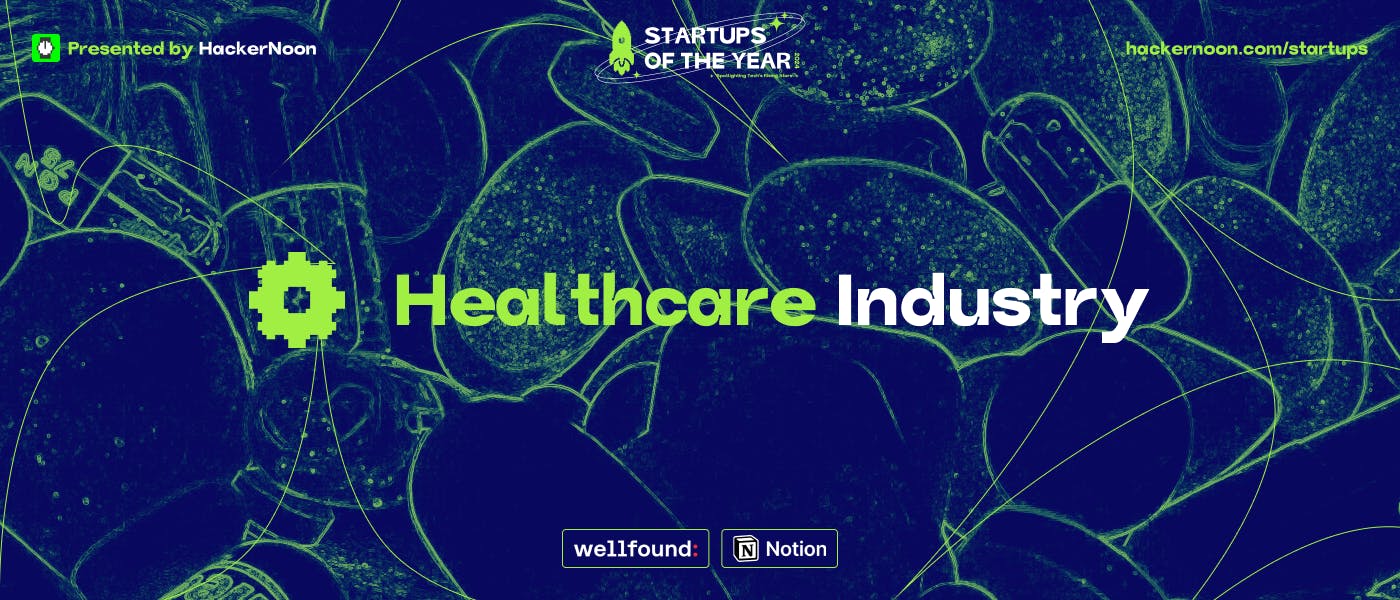Jamie Dimon fits the profile of what we could call an “old school” executive, who relies on hard work and returning to the office in person as the default model. However, the progressive development of AI capabilities has convinced him that the future of work for the next generation will not look much like the current one.
AI is going to change everything, but for the better. Despite the concept of the “traditional” job of the CEO of JPMorgan, the largest bank in the US, the executive acknowledged in an interview for Bloomberg TV that AI will have a great impact on the quality of life of workers.
Dimon recognized that the bank he directs is already using AI in about 300 processes in his company and that, in a few years, it will contribute to reducing the working hours of its employees. “AI is crucial to the future success of our company and an absolute necessity. Thanks to its use, they will probably work three and a half days a week,” said the CEO of JPMorgan.
Layoffs due to AI. Jamie Dimon assumes that some job profiles could be fired, but AI will open vacancies in many other positions that do not yet exist. According to a report by Goldman Sachs, the pace of adoption of AI is being very progressive, which means that layoffs attributable to AI are only 0.1% of the total economy (barely 20,000 jobs globally). .
“People have to breathe deeply. Technology has always replaced jobs,” the manager recalled, pointing out the need for the labor market to adapt to technological changes and that these employees will be relocated to other positions.
3.5-day workday is possible. The CEO of JPMorgan referred to a report by the consulting firm McKinsey in which it anticipated that AI could free up between 60% and 70% of workers’ time, adding between 2.6 trillion and 4.4 trillion dollars annually. to the global economy.
This increase in productivity would contribute to reducing the working day, which has remained the same for almost a century, improving the working conditions of workers. Ray Dalio, a billionaire American investor, spoke in terms very similar to those of Dimion, ensuring that the three-day work week would be possible in the relatively near future thanks to AI. “If managed well, I think the work week could be reduced. Maybe the work week will be three days or something like that,” Dalio said.
Impact of reduced working hours. Dozens of pilot tests of the four-day work week are yielding very similar data in terms of physical and mental well-being among workers in companies that apply this workday model. According to a PwC report, automation through AI has the potential to boost global productivity by 14% by 2030.
Additionally, a study from the University of Cambridge found that improving their well-being led to a 65% reduction in sick days, and 71% of employees reported reduced burnout levels. 92% of companies participating in the Cambridge study continued with this four-day workday model when it ended.
Fewer days, more years. The executive assured that the influence of technology will not be limited to the workplace. Dimon foresees significant advances in medicine thanks to the use of AI in medical research for the eradication of diseases such as cancer. Something that Bill Gates also predicted.
According to Dimon, “their children will live to be 100 years old and will not have cancer thanks to technology.” Although this view may seem optimistic, it is supported by the accelerated pace of technological innovation in areas such as biotechnology and pharmaceutical research. From this it follows that the tendency to have a longer life expectancy will also imply an increase in active working careers, which would materialize in later retirement ages. An increasing trend among governments around the world for some years.
Not everything in AI is positive. Despite the manager’s optimistic view of AI, the banker was also concerned about the misuse that could be given to AI. “Technology has done incredible things for humanity, but, as you know, plane crashes, misuse of pharmaceuticals… there are negatives. In my opinion, the biggest negative is that AI is being used by evil people to do bad things,” Jamie Dimon reflected.
In WorldOfSoftware | Fewer hours, more production: tests of the four-day work week have revealed that the problem is not the working day
Image | Flickr (World Economic Forum)










